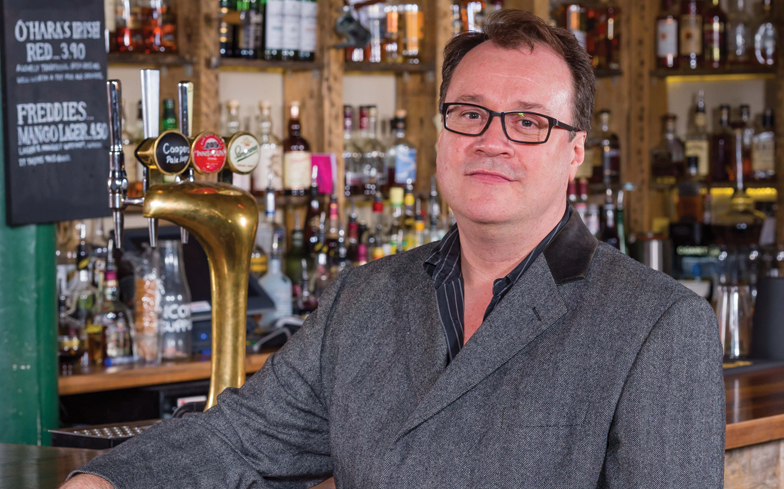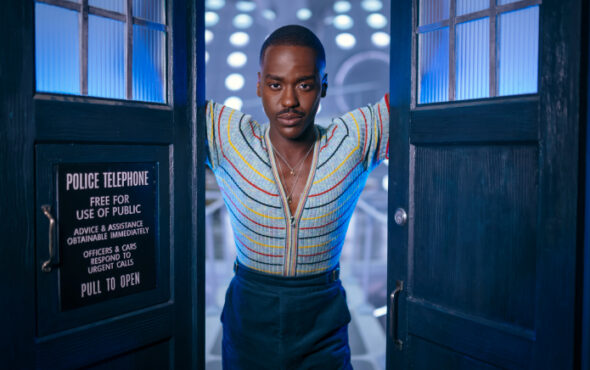
Love, Simon has been hailed as a breakthrough moment for Hollywood, being the first major studio release to have a gay lead character.
For too long, LGBTQ characters were the butt of jokes in teen-focussed romantic comedies, usually cast as the best friend full of funny quips, but completely desexualised and getting to the final act without their own happy ending.
With Love, Simon – based on Becky Albertalli’s 2015 novel Simon vs. The Homo Sapiens Agenda – that changed, putting a same-sex love story at the centre of it all.
But why has it taken Hollywood this long?
“It’s our old friend, that lumbering beast, the white, straight man,” Russell T Davies – the creator of gay TV dramas Queer As Folk and Cucumber – told The Guardian. “But it comes down to money in the end.
“Television can be more nimble because it’s cheaper: you’re looking at roughly $1m for an hour of drama. But if a movie costs, say, $30m, then there’s 30 times the caution, 30 more levels of bankers being scared, 30 times the arguments. Thirty more idiots, in the end.
“And if you increase the sums, if you go up to blockbusters costing $100m, then you have a hundred times the fear.

Related: Love, Simon director Greg Berlanti on why today’s teens need the coming out romantic comedy
“That’s why a vast empire like the Marvel Cinematic Universe is devoid of gay characters. And that’s why Pixar has only managed the horrific camp of the Ken Doll in Toy Story 3.”
Russell T Davies added that as much as it’s great that Love, Simon is a success, it’s unlikely that the battle for LGBTQ representation in mainstream cinema has been won.
“I think we should be very careful if we imagine these changes are permanent,” he said.
“It’s been almost 20 years since Queer As Folk but still, every time I write a gay character, someone somewhere complains, and someone somewhere says, ‘This is new!’ It’s not one battle, it’s a constant fight.”
Meanwhile, Davies’ new gay drama, A Very English Scandal, will air on the BBC later this year.
It will retrace the true story of Liberal party leader Jeremy Thorpe’s supposed plot to have his ex-lover, stable boy Norman Scott, killed. The politician stood trial for the attempted murder of his lover, but was eventually found not guilty in 1979.
Thorpe and Scott were lovers in the 1960s when gay sex was still illegal.
Hugh Grant will take on the role of Jeremy Thorpe for the three-part drama, marking his first fully-fledged return to a TV series since the 1990s.



